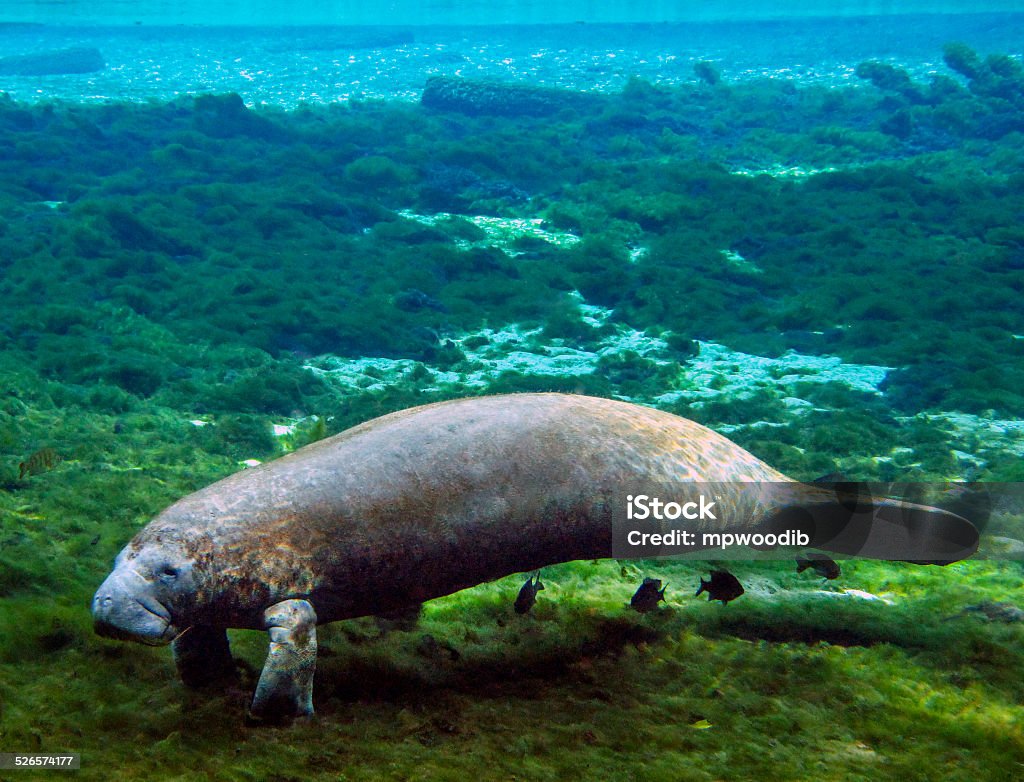In the vibrant tapestry of ocean life, where colors swirl and creatures dance in a delicate balance, an unexpected partnership unfolds beneath the waves. Meet the unsung heroes of the sea—the escort fish! These small but mighty companions have forged remarkable alliances with some of the ocean’s most formidable giants. From regal manta rays to majestic whale sharks, these tiny allies play a crucial role in safeguarding their larger counterparts from lurking predators and ensuring their journeys are smooth sailing through treacherous waters. Dive into this fascinating exploration of symbiotic relationships and discover how size doesn’t always dictate strength in nature’s intricate web of survival!
Introduction to Escort Fish: What They Are and Why They Matter
In the vast, shimmering depths of the ocean, a unique partnership unfolds. Picture tiny escort fish flitting around massive sea creatures like sharks and rays. At first glance, it might seem like an unlikely duo—one so small and unassuming, while the other commands attention with its sheer size. Yet, this relationship is far from incidental; it’s a fascinating example of nature’s intricate web.
Escort fish play crucial roles in maintaining balance within marine ecosystems. They are not just bystanders in their watery world; they actively contribute to the health and well-being of larger animals while reaping benefits themselves. Curious about how these diminutive allies make waves in their underwater communities? Dive into this exploration of escort fish and discover why they matter more than we often realize!
The Role of Escort Fish in the Ocean Ecosystem
Escort fish play a crucial role in the ocean ecosystem. These small companions provide protection and support to larger marine animals. Their presence creates a symbiotic relationship that benefits both parties.
As they swim alongside bigger creatures, escort fish help keep their hosts safe from potential predators. The movement of these tiny allies often distracts threats, allowing larger sea animals to focus on foraging or resting.
Moreover, escort fish contribute to nutrient cycling within their environment. They feed on parasites and dead skin found on their larger counterparts, promoting healthier conditions for all involved.
By maintaining balance within the ecosystem, escort fish enhance biodiversity. This intricate partnership showcases the interconnectedness of life beneath the waves. Each species plays its part in sustaining vibrant underwater communities through cooperation and mutual benefit.
Types of Escort Fish and Their Benefits to Larger Sea Creatures
Escort fish come in various species, each uniquely adapted to their roles within the ocean. One prominent example is the cleaner wrasse. These small fish thrive on providing cleaning services to larger creatures by feeding on parasites and dead skin.
Another fascinating type is the pilot fish, often seen swimming alongside sharks and other large predators. By following these massive animals, they gain protection from threats while also feasting on leftover scraps from their hosts’ meals.
The remora is equally intriguing. This hitchhiking fish attaches itself to larger marine animals like turtles or whales using a specialized sucker disc. In return for transportation, remoras help keep their hosts free of parasites and potential irritants.
Each of these escort fish plays a vital role in maintaining healthy relationships with bigger sea life, showcasing an elegant balance within marine ecosystems.
How Do Escort Fish
Escort fish play a crucial role in the survival of larger sea creatures. They act as vigilant companions, constantly on the lookout for potential dangers. Their keen eyesight can spot predators much earlier than their larger allies can.
These tiny helpers also provide cleaning services. Many escort fish feed on parasites and dead skin found on larger animals like sharks and manta rays. This not only keeps these giants healthy but enhances their overall well-being.
In return, escort fish benefit from protection against predators while gaining access to food sources they might not find elsewhere. It’s a mutually beneficial relationship that showcases the interconnectedness of ocean life.
Moreover, escort fish often lead larger species to rich feeding grounds. By guiding them toward abundant resources, they ensure both parties reap rewards without unnecessary effort or risk.
Examples of Famous Escort Fish Species
One of the most well-known escort fish is the cleaner wrasse. These vibrant little fish are famous for their cleaning stations, where they remove parasites and dead skin from larger clients. Their colorful presence often attracts various sea creatures seeking a spa day.
Another notable species is the pilot fish. Often found swimming alongside sharks, these sleek fish benefit from protection while leading their larger companions to food sources. The relationship between pilot fish and sharks showcases a unique partnership in the ocean.
The remora, with its distinctive suction cup-like structure on top of its head, also plays an essential role. It attaches itself to bigger marine animals like turtles or rays, enjoying scraps of food and added safety as it travels through the water.
Each of these escort fish exemplifies how size doesn’t always determine importance in underwater ecosystems. Their interactions highlight intricate relationships that enrich marine life.
Threats to Escort Fish and the Importance of Conservation Efforts
Escort fish face numerous threats that jeopardize their survival. Habitat destruction, primarily due to coastal development and pollution, drastically reduces suitable environments for these small yet vital creatures. Coral reef degradation poses a significant challenge, as many escort fish rely on healthy reefs for shelter and food.
Overfishing is another critical issue. As larger predators are targeted by commercial fisheries, the delicate balance of marine ecosystems is disrupted. Without enough escorts to support them, larger species can struggle to thrive.
Climate change adds another layer of complexity. Rising ocean temperatures affect breeding patterns and habitats for escort fish.
Conservation efforts are essential in addressing these challenges. Protecting habitats through marine reserves can help sustain populations of escort fish while educating communities about their ecological importance fosters greater awareness and encourages sustainable practices.
Conclusion: The Fascinating World of Tiny Allies in the Ocean
The ocean is a vast, intricate network of relationships. Among its many wonders are escort fish—small creatures that play significant roles in the lives of larger sea animals. Their partnerships showcase nature’s balance and highlight how even the tiniest beings can make a big impact.
These little allies provide essential services to their larger counterparts, from cleaning parasites to offering protective companionship. The unique interactions between escort fish and larger species reveal an ecosystem built on cooperation and mutual benefit.
However, these remarkable relationships face threats due to overfishing and habitat destruction. Protecting escort fish is crucial not only for their own survival but also for maintaining the health of marine ecosystems as a whole.
Exploring the world of escort fish opens our eyes to the interconnectedness of life beneath the waves. It reminds us that every creature has its part to play in sustaining our planet’s biodiversity. As we continue learning about these tiny allies, we must prioritize conservation efforts ensuring they thrive alongside their larger companions in this mesmerizing underwater realm.


